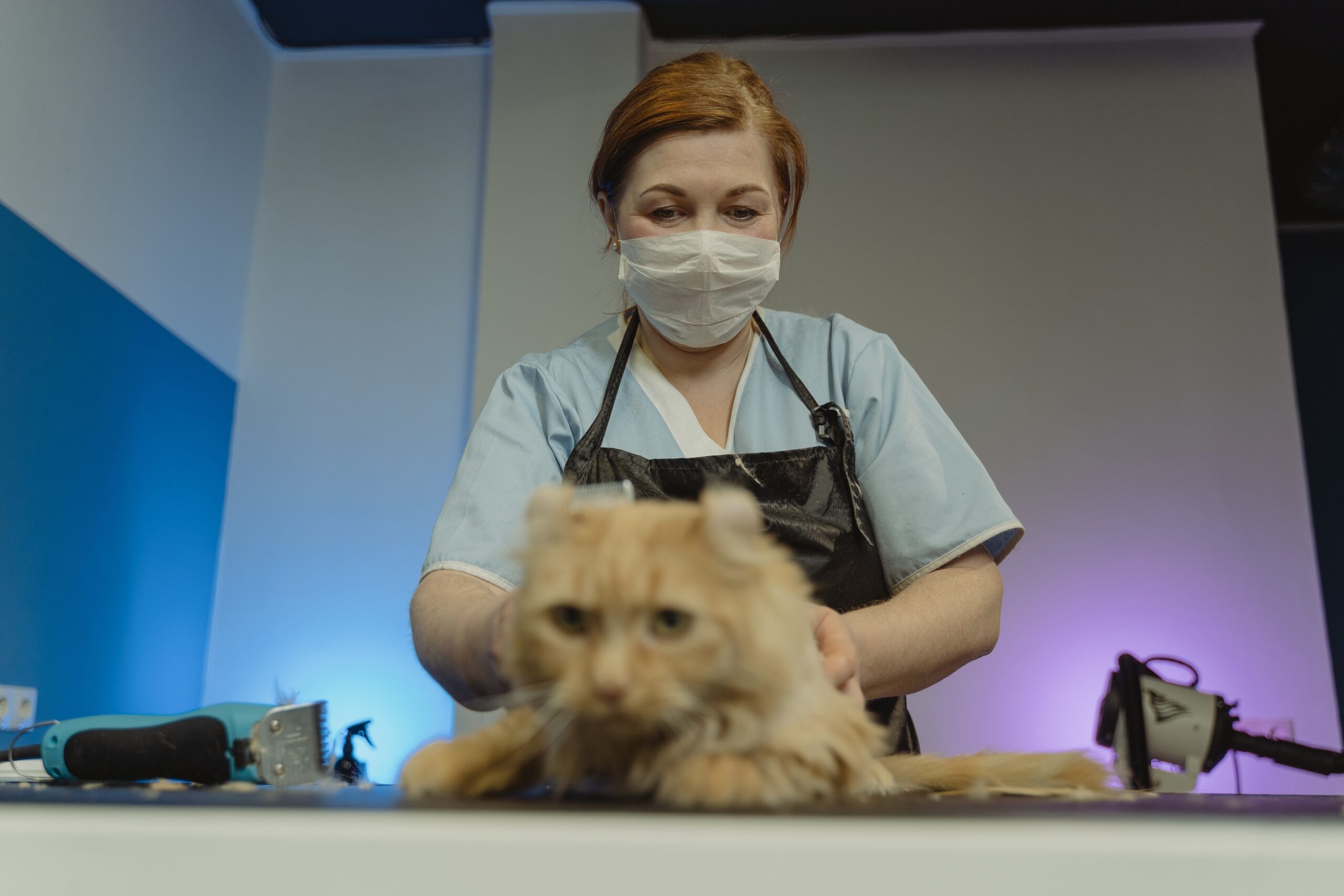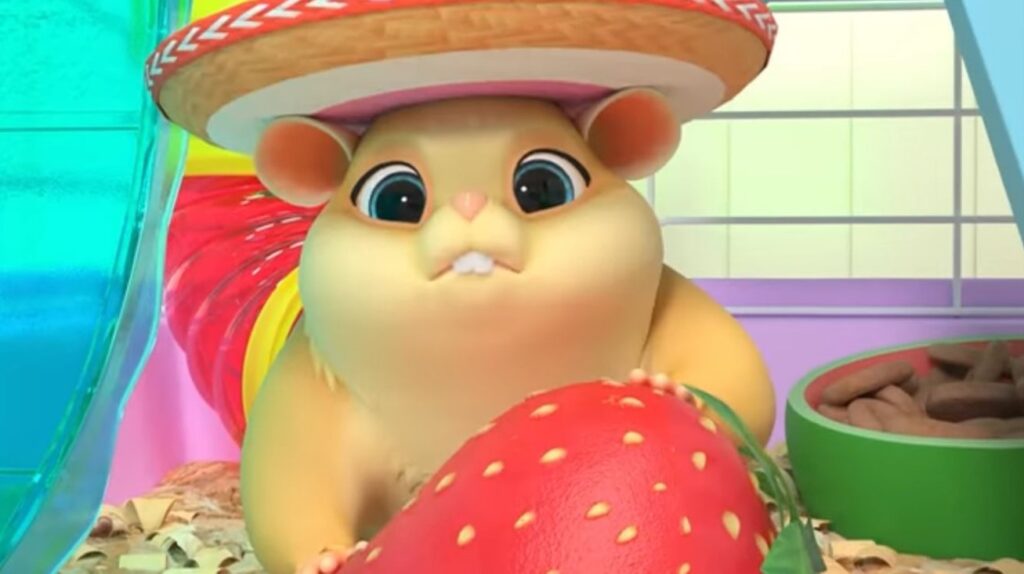Professional dental cleanings for cats:
Professional dental cleanings for cats are an essential part of their overall healthcare. Just like humans, cats can develop dental problems, including plaque buildup, tartar, gingivitis, and dental disease. Regular dental cleanings help prevent these issues and maintain good oral health in cats.
Here are some key points about professional dental cleanings for cats:
1. Veterinary Examination:
Before scheduling a dental cleaning, it’s important to have your cat examined by a veterinarian. They will assess your cat’s overall health, including its dental condition, and determine if a dental cleaning is necessary.
2. Anesthesia:
Most dental cleanings for cats require general anesthesia. Anesthesia ensures that the cat remains still, reduces stress, and allows for a thorough examination and cleaning of the teeth and gums. While anesthesia always carries some risks, veterinarians take precautions to minimize them.
3. Dental X-rays:
X-rays are often taken during dental cleanings to assess the condition of the teeth and roots below the gum line. This helps identify hidden problems like tooth root abscesses or fractures.
4. Scaling and Polishing:
Once the cat is under anesthesia, the veterinarian will perform a thorough scaling of the teeth using specialized dental tools. This process removes plaque and tartar from all tooth surfaces, including below the gum line. After scaling, the teeth are polished to smooth the surfaces, making them less susceptible to plaque accumulation.
5. Oral Examination:
While cleaning the teeth, the veterinarian will closely examine the cat’s mouth for any abnormalities, such as damaged teeth, cavities, or signs of gum disease. If necessary, extractions or other treatments may be performed.
6. Home Dental Care:
After the dental cleaning, your veterinarian may provide recommendations for at-home dental care. This may include toothbrushing with cat-specific toothpaste, dental diets, treats, or other dental care products.
Remember that prevention is key when it comes to maintaining your cat’s oral health. Regular dental cleanings, along with proper home dental care, can help prevent dental issues and ensure your cat’s overall well-being. Consult with your veterinarian to determine the appropriate frequency of dental cleanings for your cat based on their individual needs.
FAQs:
Sure! Here’s a FAQ about professional dental cleanings for cats:
1. Why are professional dental cleanings necessary for cats?
Professional dental cleanings are important for cats because they help maintain good oral health. Cats are prone to dental issues such as plaque buildup, tartar, gum disease, and tooth decay. Regular cleanings remove the accumulated plaque and tartar, preventing dental diseases that can lead to pain, infection, and tooth loss.
2. How often should I get my cat’s teeth professionally cleaned?
The frequency of professional dental cleanings depends on your cat’s individual needs and the recommendation of your veterinarian. Most cats generally benefit from a dental cleaning every 1 to 2 years. However, some cats may require more frequent cleanings if they have pre-existing dental conditions or are prone to dental problems.
3. What happens during a professional dental cleaning for cats?
During a dental cleaning, your cat will be placed under general anesthesia to ensure their comfort and safety. The veterinarian or veterinary dentist will thoroughly examine the mouth, including the teeth, gums, and oral tissues. They will use specialized dental instruments to remove plaque and tartar from the teeth, both above and below the gum line. The teeth will also be polished to smooth the surfaces and discourage plaque formation.
4. Is anesthesia necessary for a dental cleaning?
Yes, anesthesia is necessary for thorough and safe dental cleaning in cats. Anesthesia ensures that your cat remains still during the procedure, preventing injury to the delicate oral tissues and allowing the veterinarian to perform a comprehensive cleaning. It also eliminates stress and discomfort for your cat.
5. Are there any risks associated with professional dental cleanings?
Anesthesia always carries some risks, but modern veterinary anesthesia is generally safe when administered by trained professionals. Your veterinarian will evaluate your cat’s health and perform pre-anesthetic bloodwork to minimize any potential risks. Dental cleanings performed by skilled professionals are considered routine procedures and have a low risk when appropriate precautions are taken.
6. Can I clean my cat’s teeth at home instead of getting professional cleanings?
While it’s beneficial to maintain good oral hygiene for your cat at home, professional dental cleanings are necessary because they address the deep cleaning needs below the gum line, which cannot be achieved with regular brushing. Additionally, professional cleanings allow for a thorough examination and treatment of dental issues that may not be immediately apparent.
7. How can I prevent dental problems in my cat?
Along with professional dental cleanings, you can take steps to prevent dental problems in your cat. Regularly brush your cat’s teeth using a toothbrush and toothpaste formulated for cats. Provide dental treats or toys that help remove plaque. Feed a balanced diet that supports dental health. Monitor your cat’s oral health and report any signs of dental problems, such as bad breath, red or swollen gums, or difficulty eating, to your veterinarian.
Remember, it’s always best to consult with your veterinarian regarding your cat’s specific dental needs and to follow their recommendations for maintaining good oral health.




